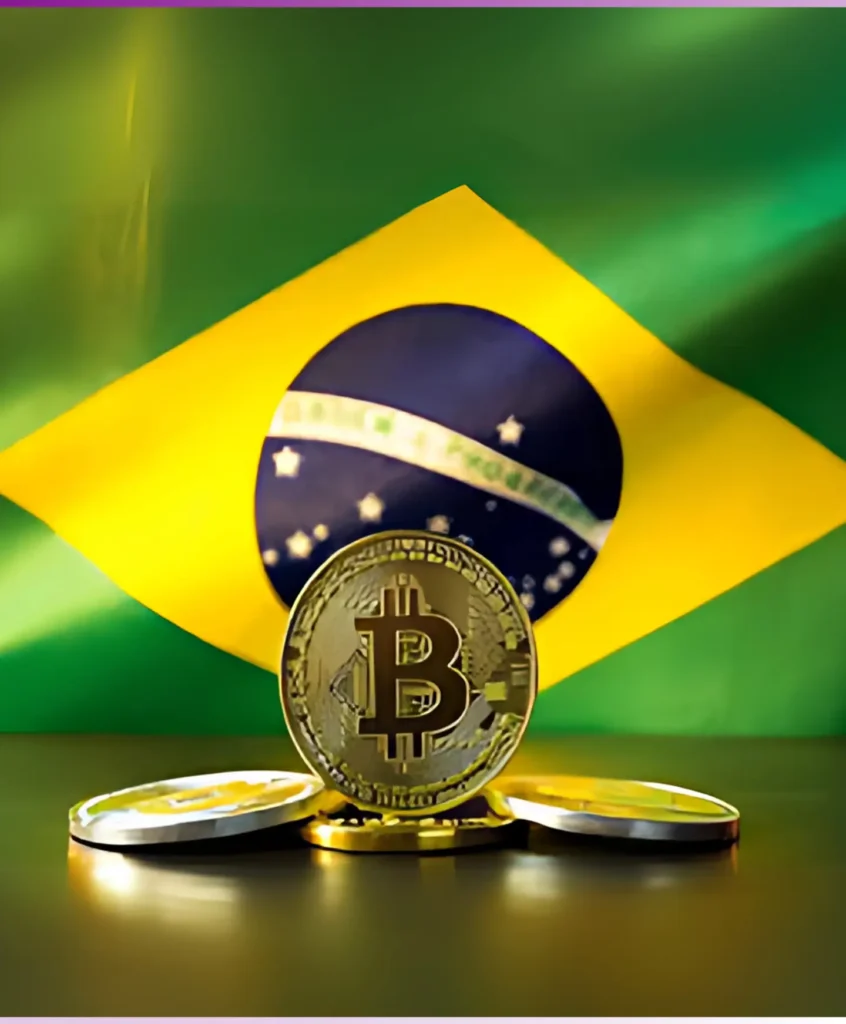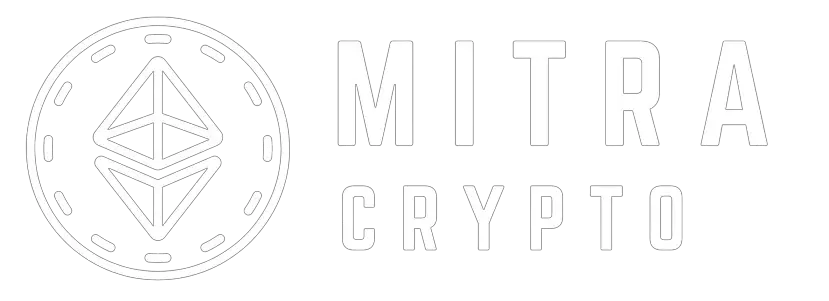Crypto Now Seizable in Brazil — Court Says It’s Just Like Real Money
In a pivotal ruling, Brazil’s Superior Court of Justice (STJ) has decided that digital currencies can be legally confiscated to resolve unpaid debts, equating them with cash or other financial assets. This unanimous judgment by the court’s Third Panel allows judicial authorities to direct cryptocurrency platforms to lock or transfer digital holdings, affirming their status as legitimate economic resources. This decision highlights Brazil’s progressive approach to integrating virtual assets into its legal system as regulatory efforts continue to take shape.

Why This Decision Resonates
The ruling emerged from a dispute where a creditor sought funds from a debtor with no accessible traditional assets. The STJ recognized that digital currencies, while not official money, act as a means of payment and a way to preserve value. This positions them alongside conventional holdings like savings or property in Brazil’s debt enforcement laws. Creditors now have a powerful tool to pursue repayments, ensuring debtors cannot conceal wealth in virtual accounts. The verdict also underscores that digital currencies are subject to the same legal accountability as other financial instruments.
Effects on Crypto Investors and Services
For Brazil’s cryptocurrency community, this ruling carries significant weight. It validates the importance of digital assets, potentially encouraging broader use across the country. However, it also places virtual holdings under judicial reach, reminding investors to stay vigilant about their financial responsibilities. Platforms hosting digital currencies may need to strengthen their processes to comply with court mandates, fostering greater openness while navigating user privacy concerns. This shift calls for enhanced accountability within Brazil’s cryptocurrency sector to meet emerging legal expectations.
Advancing Brazil’s Digital Asset Framework
Brazil stands out in Latin America for its enthusiastic embrace of cryptocurrencies, with countless citizens investing in them. The STJ’s decision builds on the 2022 law that empowered the Central Bank to oversee virtual assets, signaling a steady march toward formal regulation. Although complete guidelines are still in development, this ruling demonstrates Brazil’s dedication to treating digital currencies as a core part of its economy. It may also inspire other nations to address the legal status of virtual wealth with similar clarity.
A New Era for Cryptocurrencies
This STJ judgment is a turning point, confirming that digital currencies hold the same legal standing as cash when settling debts in Brazil. As the nation refines its rules, this decision will likely boost confidence in virtual assets while upholding judicial fairness. It sends a strong message: in Brazil, cryptocurrencies are real, accountable, and fully recognized by the courts.












